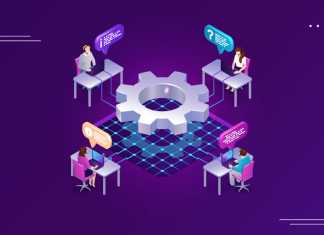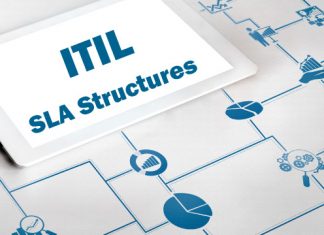ITIL Knowledge Management Explained: A Complete Overview
The Service Knowledge Management System (SKMS) is a collection of systems, tools, and databases that are required for knowledge management to be successful. It is the responsibility of Knowledge Management in ITIL to maintain...
ITIL Incident, Problem and Change Management Process
Most organizations consider themselves accomplished with ITIL implementation once their incident, problem, and change management processes are in place. It gives a picture of functioning perfectly once they can handle their incidents better, problem...
Understanding the ITIL Framework: Key Concepts Explained
The ITIL framework encompasses the complete information technology lifespan in a company. It is termed the IT Service Lifecycle. Service lifecycle is an approach to ITSM Certification Courses that places an emphasis on how important...
Understanding the Objectives of Risk Management
Risk, in the IT sector, is defined by the NIST as the probability that a particular threat source will accidentally or intentionally exploit particular information system vulnerabilities. The threats can arise from vulnerabilities or...
Understanding Change Management vs Project Management
The success of an organization is critically dependent on its ability to adapt to new business environments as they develop. In order to do so, a structure must be adopted to introduce new methods...
A Comprehensive Guide to ITIL Business Relationship Management
In every organization, a new project needs adequate justification for approval and budget allocation. The introduction of a new IT service is counted as a project as it needs financial investment along with many...
ITIL Service Desk: Streamline and Enhance Your IT Operations
A service desk is the primary point of contact for the coordination of activities between the end-user and the IT service provider. In this blog, we will learn about the various operations of the...
Understanding ITIL Service Validation and Testing
ITIL V3 introduced service validation and testing as a new process to test and validate the new services or changes to the existing services being introduced. The main purpose of the service validation and...
What is SLA? A Comprehensive Guide to Service Levels
Service Level Agreement (SLA) is the most fundamental aspect of the ITSM Certification Courses philosophy. Everything that ITIL recommends and suggests revolves around the assumption of an effective SLA. An SLA is a set...
Effective Organizational Change Management With Examples
Many of today's companies are in continuous flux as they adapt to the continually changing external economic climate, local and global economies, and technical innovation. This means policies, structures, and methods in the workplace...


























